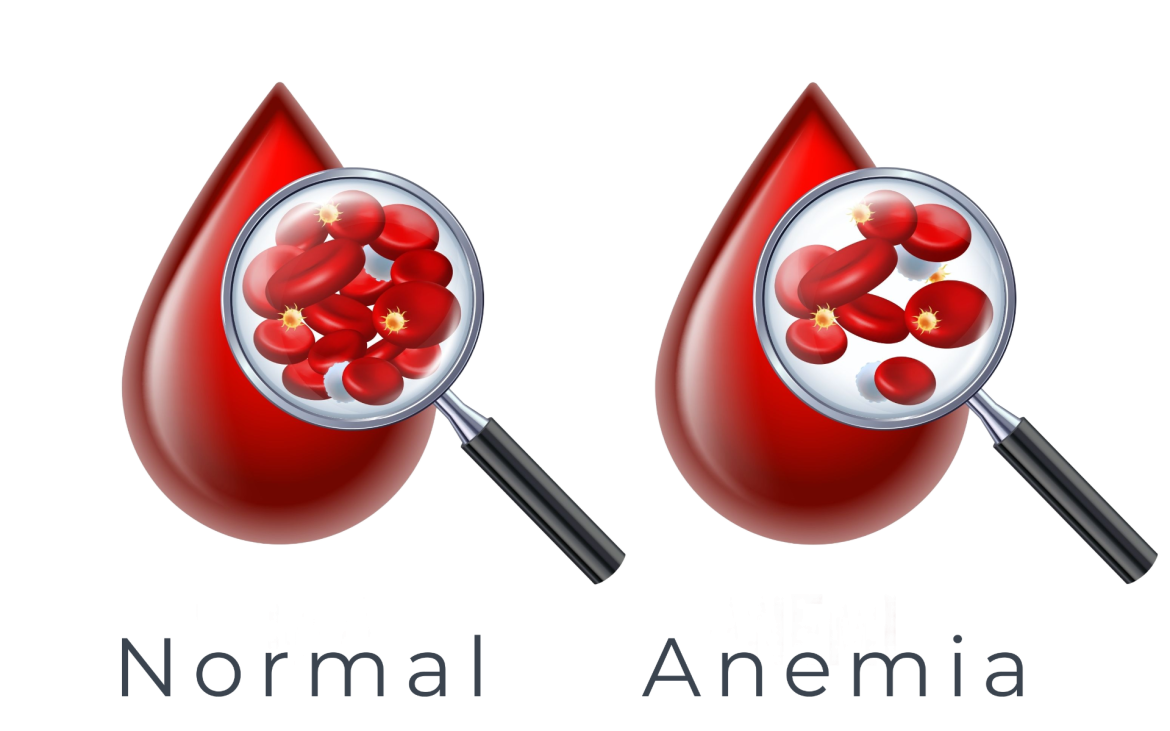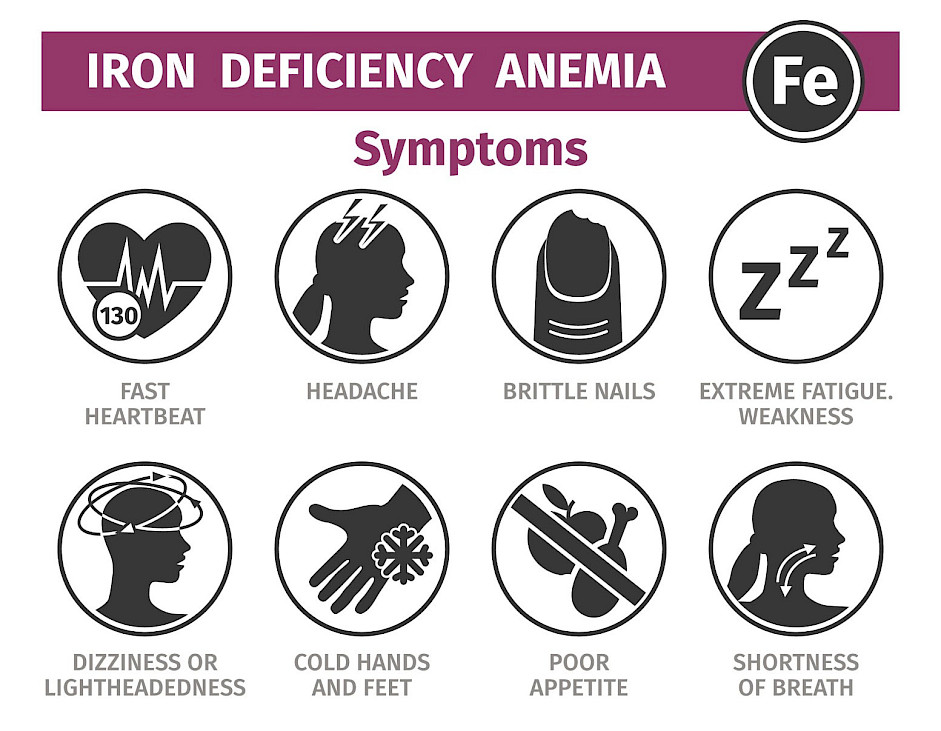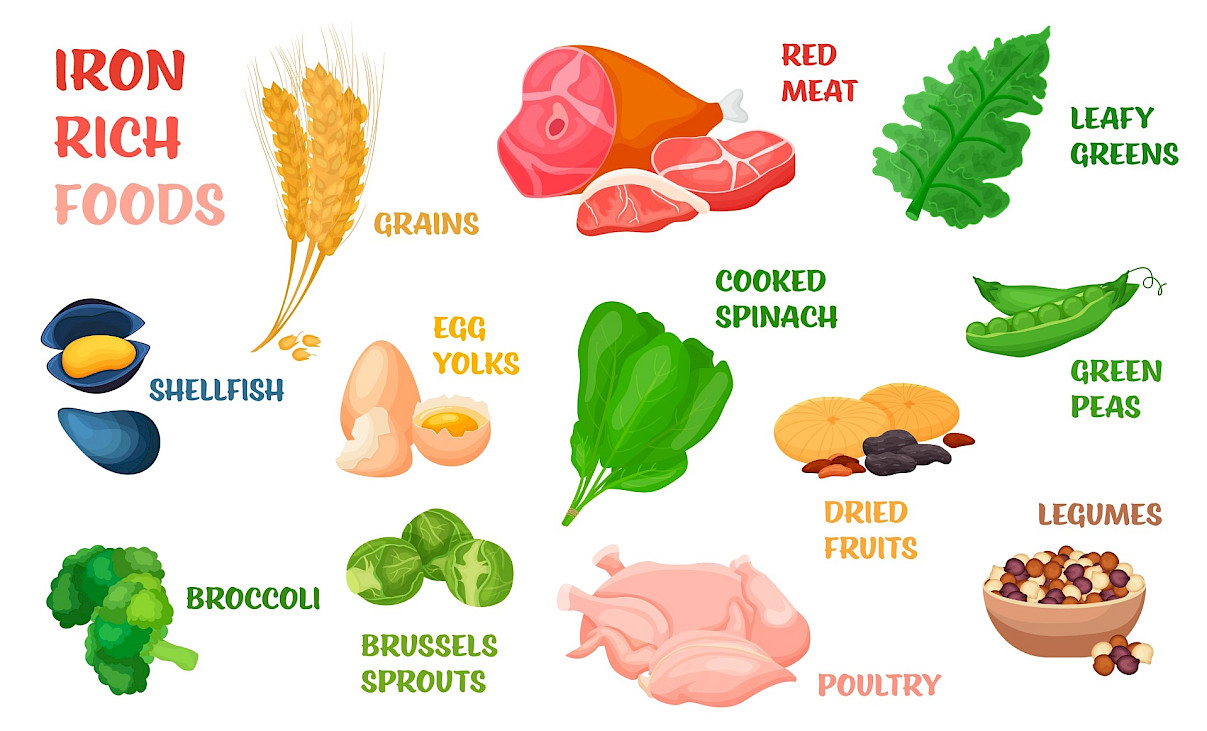Iron Deficiency and Iron Deficiency Anemia
Iron is a vital mineral that plays a central role in the production of hemoglobin, the protein in red blood cells that carries oxygen throughout the body. When iron levels are low, the body struggles to produce enough healthy red blood cells, leading to iron deficiency anemia. The most common form of anemia, iron deficiency anemia affects roughly 5 million people in the U.S., according to National Institutes of Health Data. About 10 million people in the U.S. are considered iron deficient.
Iron deficiency can result from various factors, including inadequate dietary intake of iron-rich foods, chronic blood loss (such as from heavy menstrual periods or gastrointestinal bleeding), pregnancy, and certain medical conditions that impair iron absorption.






